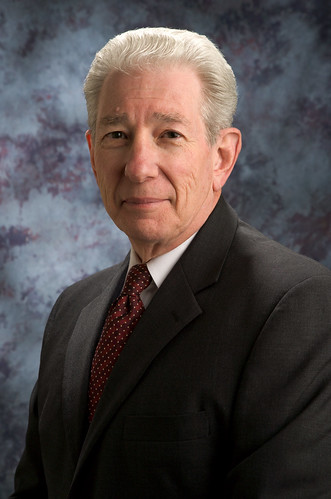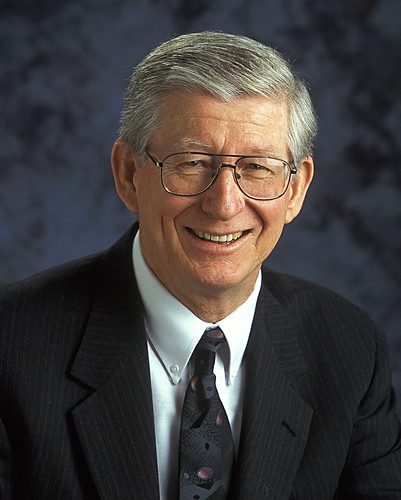This post is part of the Science Tuesday feature series on the USDA blog. Check back each week as we showcase stories and news from the USDA’s rich science and research portfolio.
In the 1920s, U.S. Navy recruiting posters exhorted young men to “Join the Navy and see the world!” If USDA’s Agricultural Research Service (ARS) chose a similar slogan, it would probably be, “Join ARS and change the world!”

Nowhere is the impact of ARS scientists’ endeavors more evident than in the achievements represented in ARS’ Science Hall of Fame. Established in 1986, the Science Hall of Fame includes the crème de la crème of agricultural science—from its first inductee in 1986, the late Edward F. Knipling, creator of the sterile insect technique that saved the cattle industry of the American Southwest by stopping the flesh-eating screwworm fly, to J.P. Dubey, inducted in 2010, who discovered that ordinary housecats can be carriers of the Toxoplasma gondii parasite that can cause blindness and mental retardation in newborns if the pregnant mother becomes infected with the parasite.

This week, ARS inducts three more scientific stars into the Hall of Fame: zoologist Ronald Fayer, soil scientist Ronald Follett and agricultural engineer Allen Dedrick. Following in the footsteps of Knipling and Dubey, Fayer is a renowned expert on the parasites that plague the world’s population, especially ones that can infect the animals we use for food. Results from his findings have been widely adopted by pharmaceutical reserachers, epidemiologists and health professionals who track and control parasite infections and foodborne illnesses.

Since 2005, Ronald Follett has led GRACEnet, the Greenhouse Gas Reduction throughAgricultural Carbon Enhancement network, a team of more than 70 scientists from 32 locations who study the use of soil organic carbon as a way to offset greenhouse gas emissions.
Allen Dedrick is being posthumously recognized for his national and international leadership in the development and application of technologies for efficient use of scarce water resources worldwide. Some observers say the judicious use of water could be a key factor in determining who eats and who doesn’t in the decades to come.
Helping humans live safely on the planet today and tomorrow—that’s the legacy of this year’s ARS Science Hall of Fame inductees, who have indeed changed our world.
